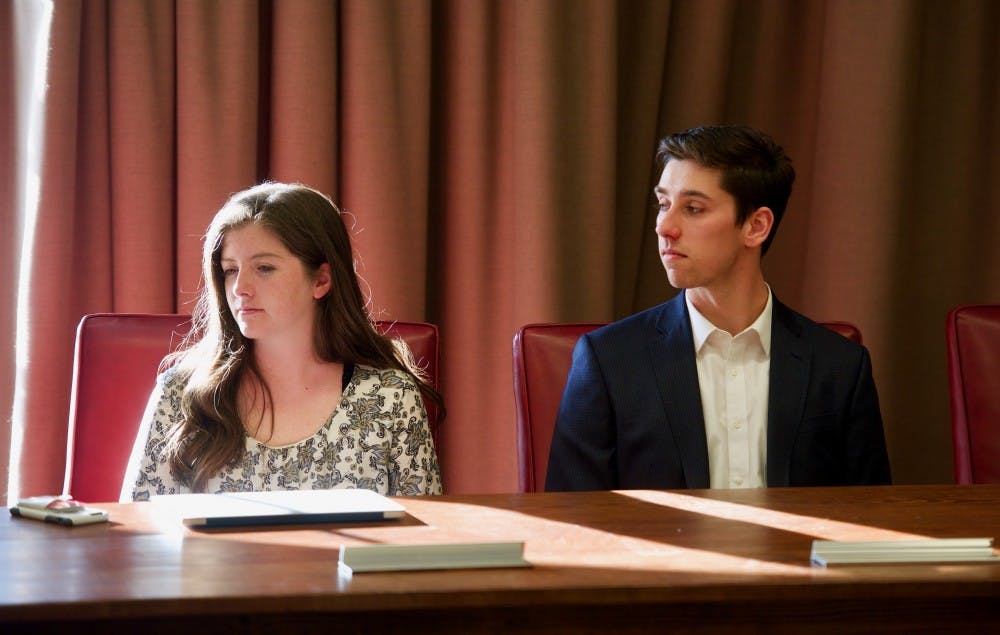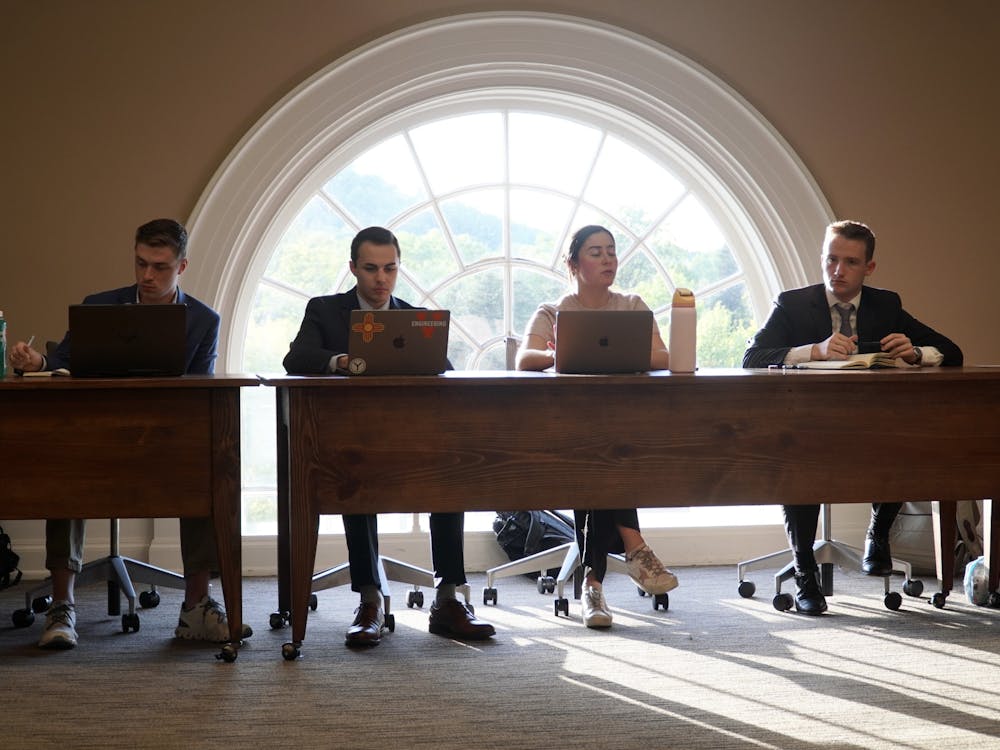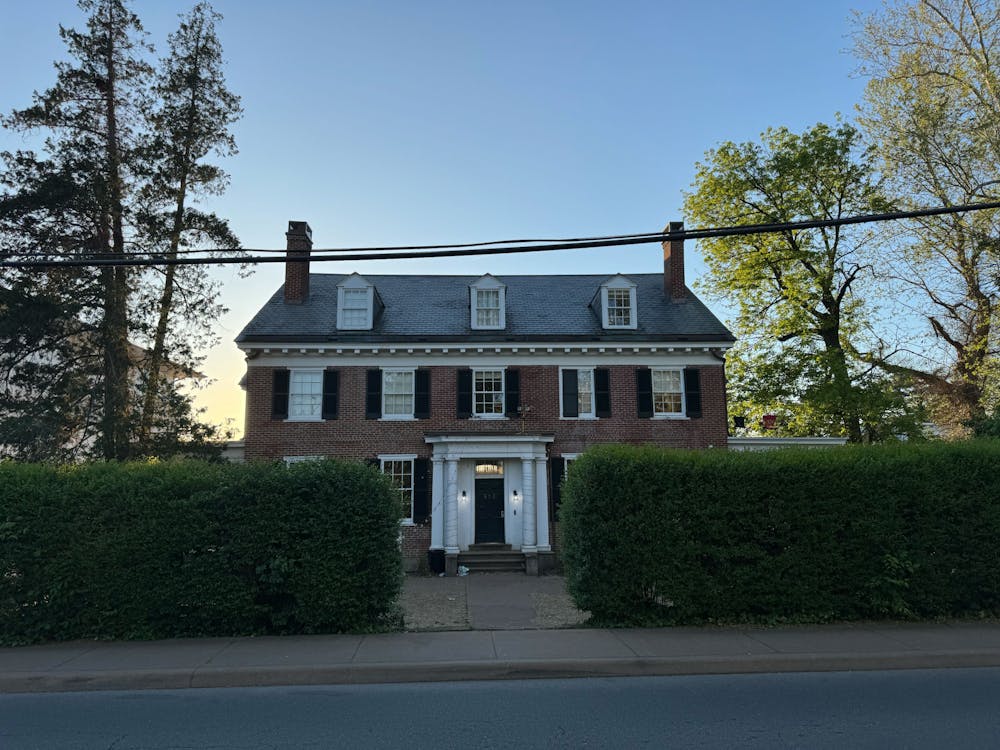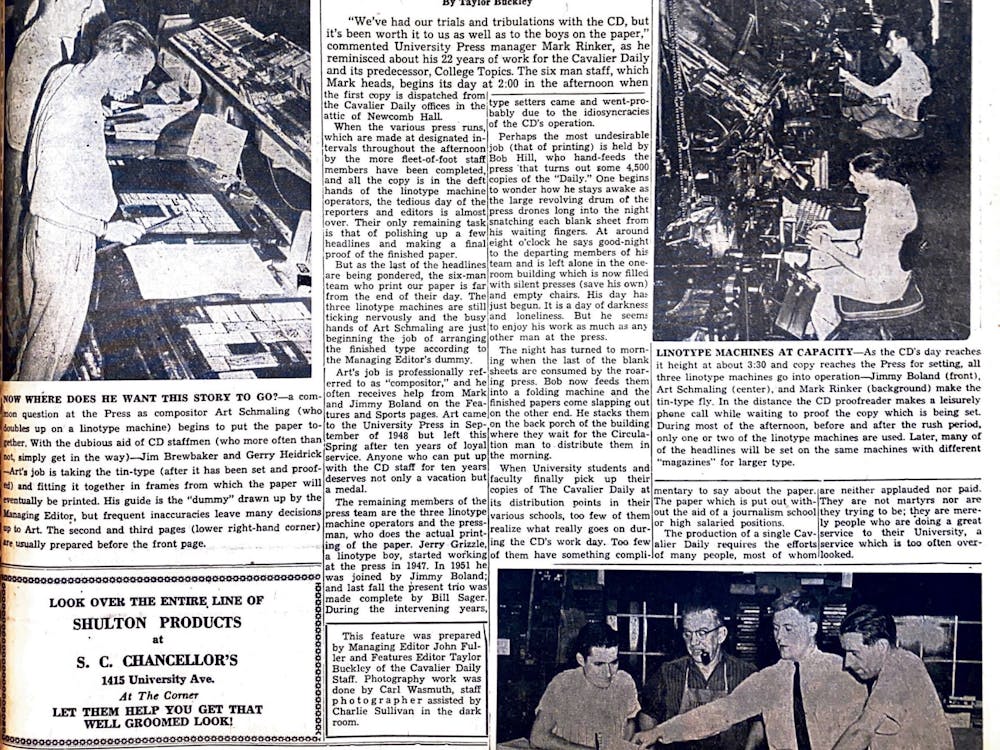During its first general body meeting of the semester earlier this month, the University Judiciary Committee announced its plan to create a committee tasked with analyzing and publishing historical UJC documents on its website in an effort to provide access to the materials for students. The materials are expected to be released early next year.
The University’s Judicial System — which began in 1948 to uphold Thomas Jefferson’s vision of student self-governance and a community of respect, safety, and freedom — was originally created as a branch of Student Council by former University President Colgate Darden, in which students who violated the code of conduct of the University would be judged by their peers.
The Judicial System was suspended in 1954 because of a sexual assault incident by student leaders on the Lawn, and recreated in 1955 as an independent entity of the University when Student Council and President Darden reached agreement to return disciplinary power in the hands of students. In 1980, the Judicial Committee was renamed the University Judiciary Committee.
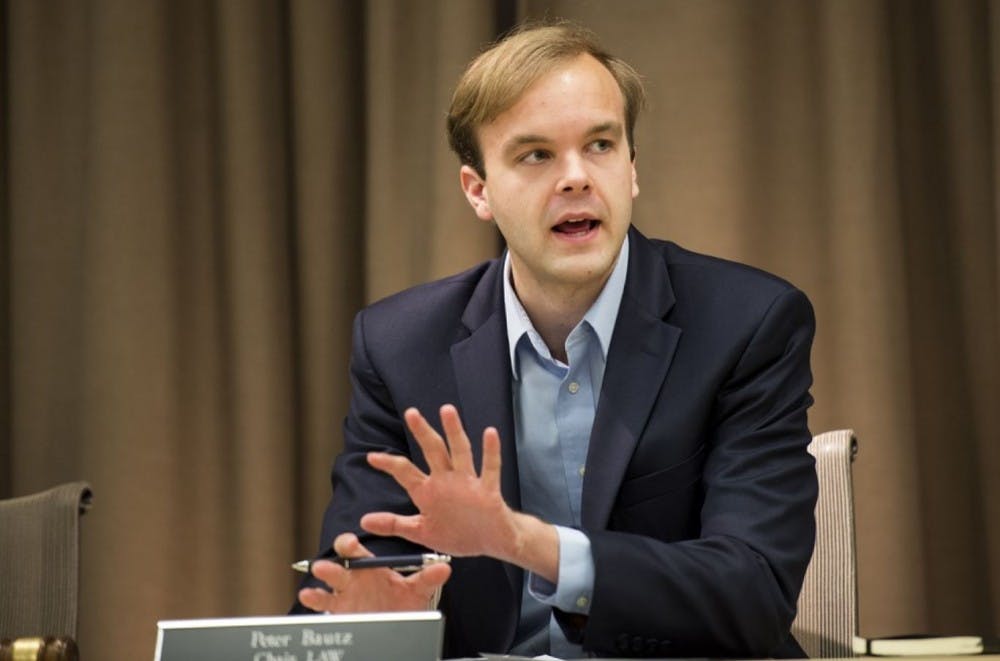
The idea to compile a series of materials documenting the history of the University Judiciary Committee was originally conceived of by Peter Bautz, former UJC Chair and School of Law graduate.
Last January, Peter Bautz, former UJC chair and Law school alumnus, informed the other members of the committee of his idea to compile a collection of documents — such as the original UJC constitution — that can be shared with the University community in an online history of the UJC.
“I've always had a passion for history, and the treasure trove of historical documents that the UJC had on file was an untapped source of information about our committee,” Bautz said in an email to The Cavalier Daily. “I had hoped to put together a site with the documents during my tenure, but, unfortunately, other pressing matters arose which prevented me from pursuing that idea beyond a few exploratory and brainstorming meetings.”
The new history committee will be led by fourth-year College student Jordan Arnold, who also serves as UJC’s vice chair for sanctions.
Arnold said UJC members who volunteer will read through the primary source documents, which are housed in the UJC office, and prepare a short analysis and report. By early 2019, Arnold hopes to create a digital record and timeline of the UJC from its founding that will be published as a new tab on its website.
“If a student wanted to know ... [about a] really contentious case that happened in the 1990s, [they] can click on that case and find more information about it, and there would be one of these students’ essays or something like that,” Arnold said.
Kevin Warshaw, a fourth-year Engineering student and current UJC chair, said the goal in developing the history committee will be to preserve primary documents so that future generations can look back and understand what decisions were made, why they were made and when they were made.
“We want to have a comprehensive understanding of our history and we want it to be preserved,” Warshaw said. “I’d say those are the two underlying fundamental goals that we’re looking to achieve, and so I think that by displaying that information on our website, we do a good job at accomplishing both of those goals.”
Warshaw added that reading through the historical documents can help the executive board and future generations identify areas for improvement.
Arnold said that the UJC has experienced many changes throughout its 70-year history, and the new website will capture many of those differences. For example, when the Judiciary System was first created in 1948, there were no codified standards of conduct.
Today, the University’s Standards of Conduct address behavior such as the damage of or unlawful entry onto University property, disorderly conduct on University property or the violation of state or federal laws. The UJC is the body responsible for investigating and trying potential violations to the 12 standards.
“Students were expected to behave as gentlemen,” Arnold said. “It wasn’t until 1970 that we codified a list of standards of conduct so that nowadays students can look and see ... these are the 12 things I’m not supposed to do.”
Arnold said some of the documents that will be featured in the project include an old support officer handbook from 2001, an evaluation of the First Year Judiciary Committee from 1978, several letters exchanged between the UJC and The Cavalier Daily in 2001 and 2002 regarding the Committee’s obligation to disclose records and documents from a highly publicized assault case in 1997.
“It's exciting to hear that the current executive board is continuing on from those initial ideas we formed last year,” Bautz said. “Hopefully, this new site will provide a way for students to engage with the UJC and student self-governance in a new way — through history.”
Correction: This article previously incorrectly referred to the highly publicized 1997 case as a sexual assault case. The language has been updated to describe it as an assault case.

